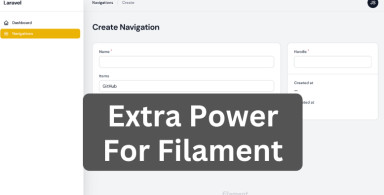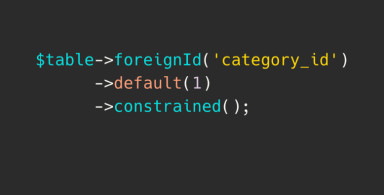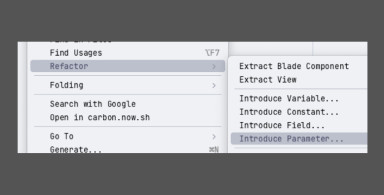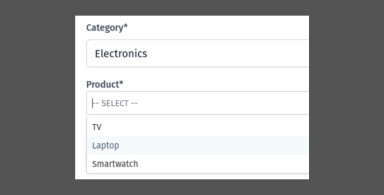Recent Premium Tutorials
-
 · 11 mins, 2111 words · premium
· 11 mins, 2111 words · premiumLaravel Filament: 12 Best Plugins with Demos
-
 · 7 mins, 1282 words · premium
· 7 mins, 1282 words · premiumEloquent Foreign Keys: 3 Common Mistakes to Avoid
-
-front_grid.jpg) · 18 mins, 3413 words · premium
· 18 mins, 3413 words · premiumLaravel Api Auth with React and Sanctum: All You Need To Know
-
 · 10 mins, 1879 words · premium
· 10 mins, 1879 words · premium7 Ways How PhpStorm Helps to Refactor Code
-
 · 17 mins, 3321 words · premium
· 17 mins, 3321 words · premiumLivewire Parent-Child Dropdowns: 2-Level, 3-Level, and Select2 Alternatives
-
-=-{-axios.get('apiabilities')-.then(response-=-{-front_grid.jpg) · 9 mins, 1658 words · premium
· 9 mins, 1658 words · premiumLaravel Vue SPA: Roles and Permissions Example with CASL
No comments or questions yet...